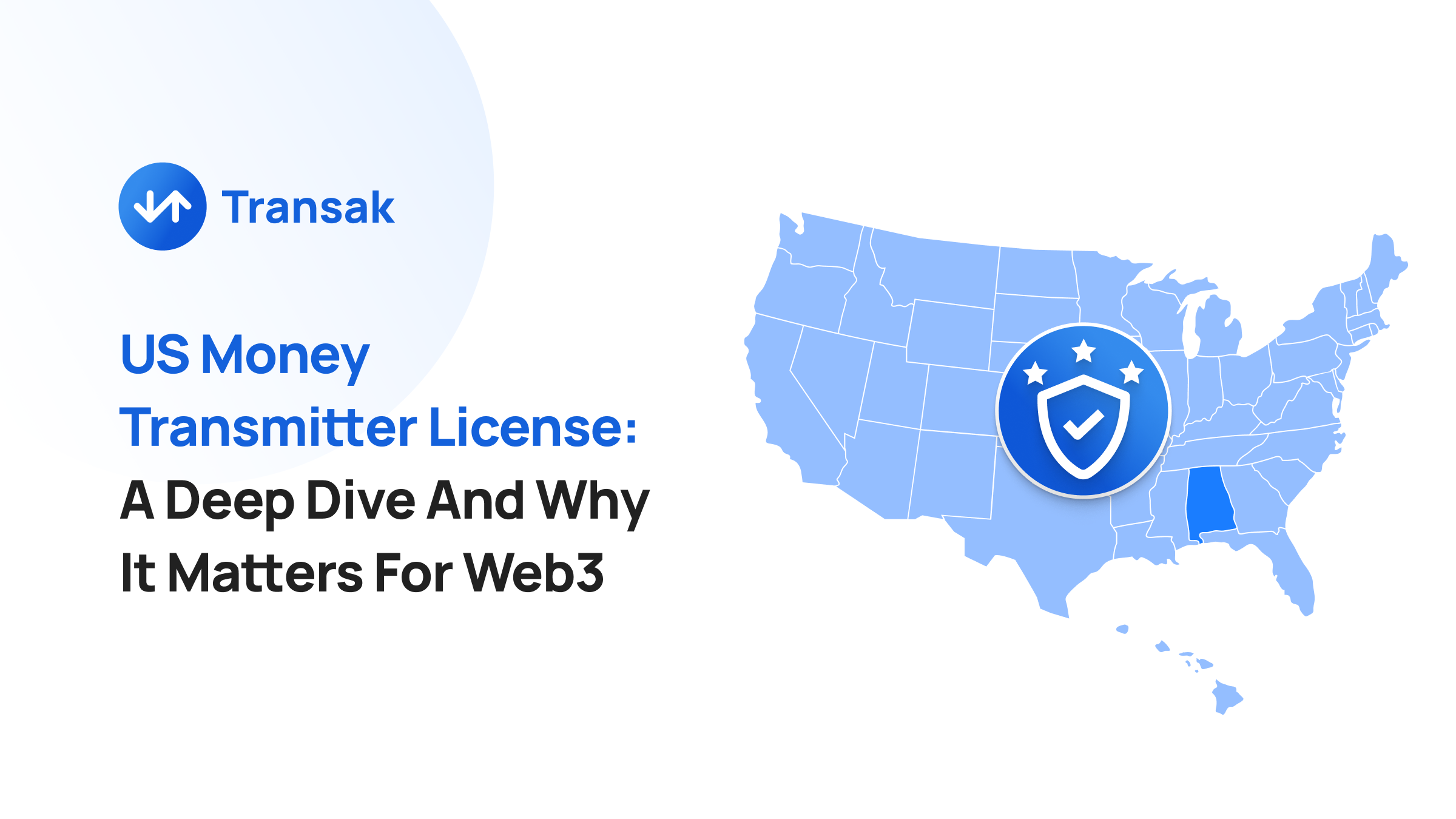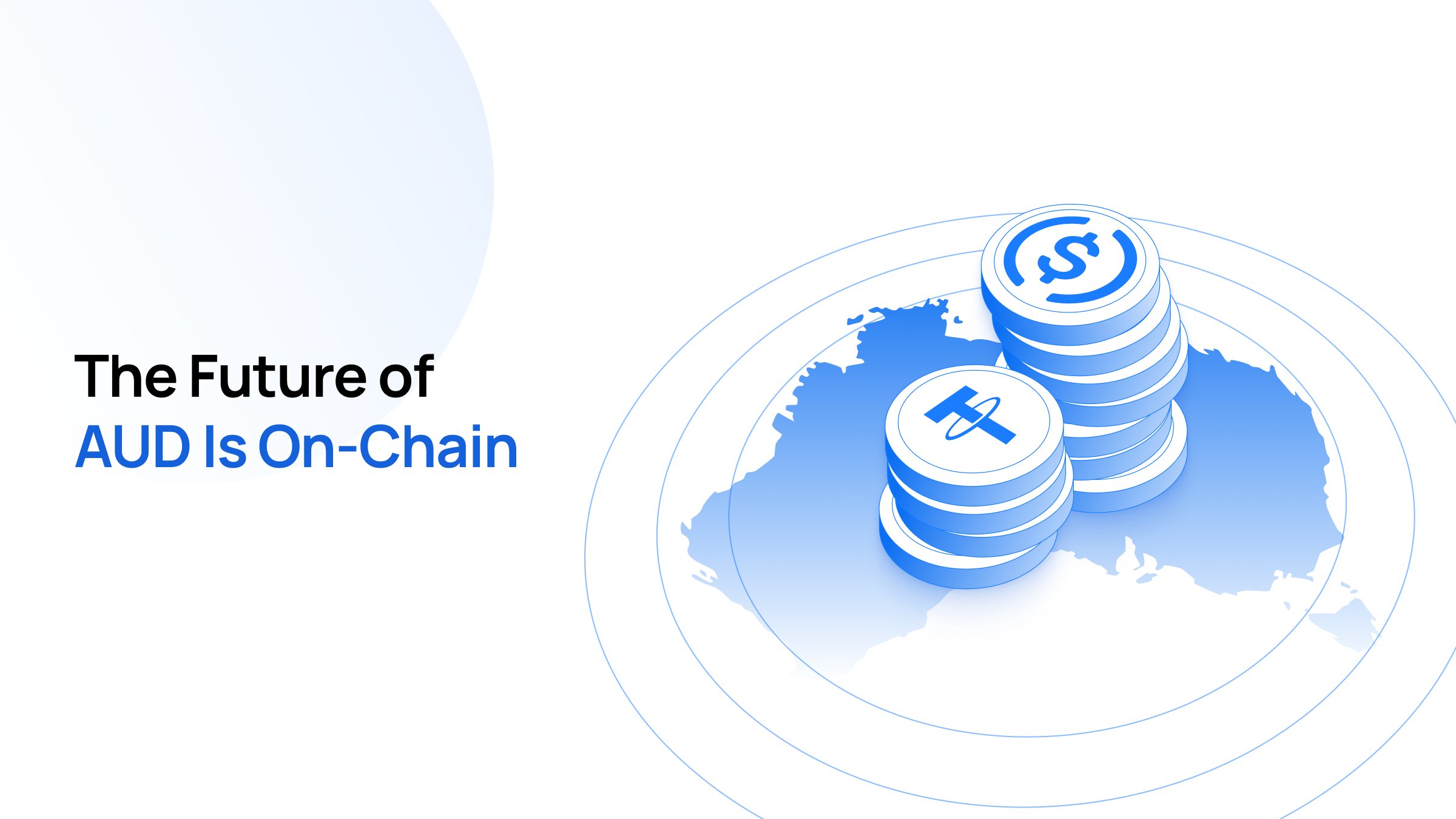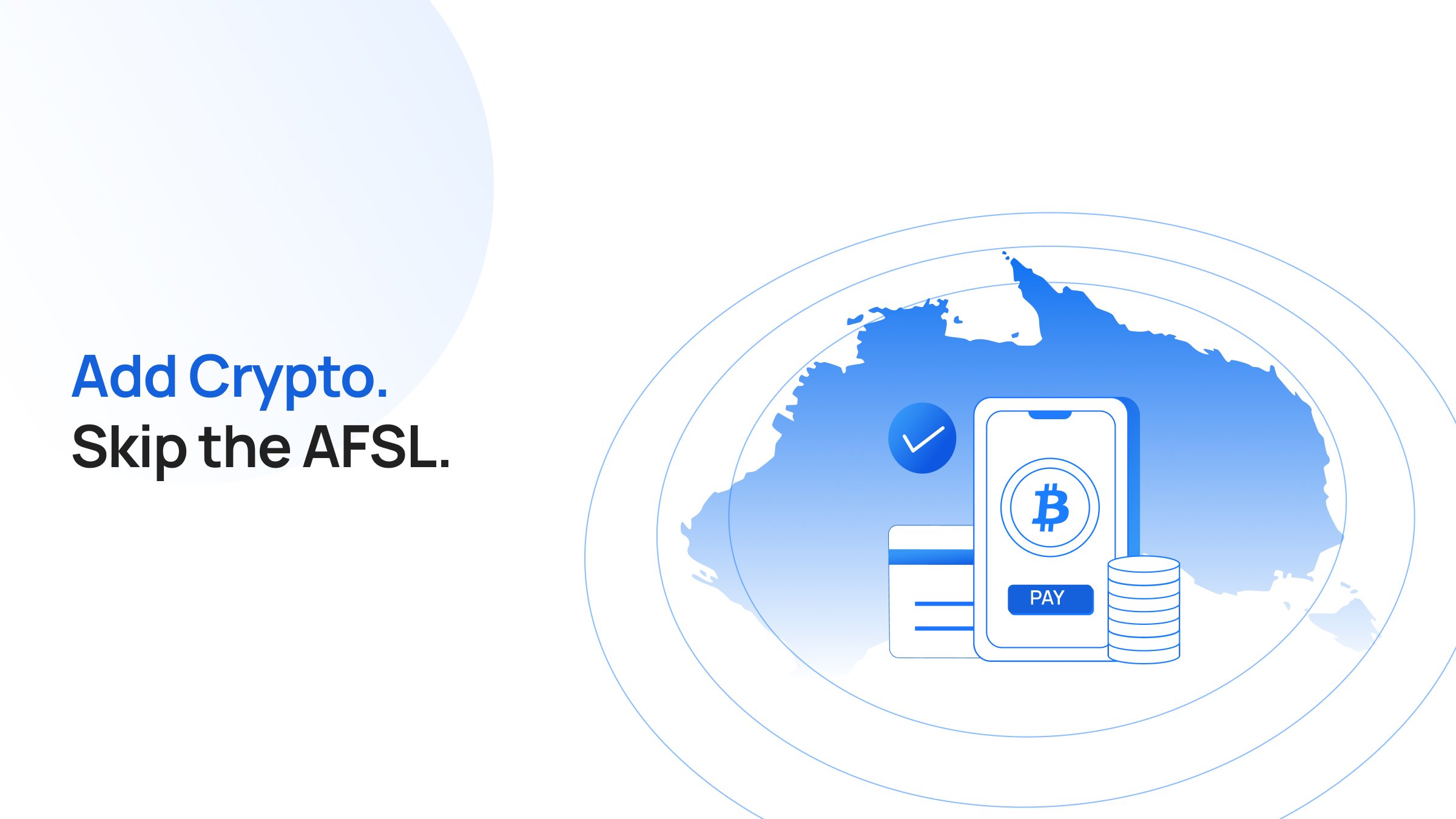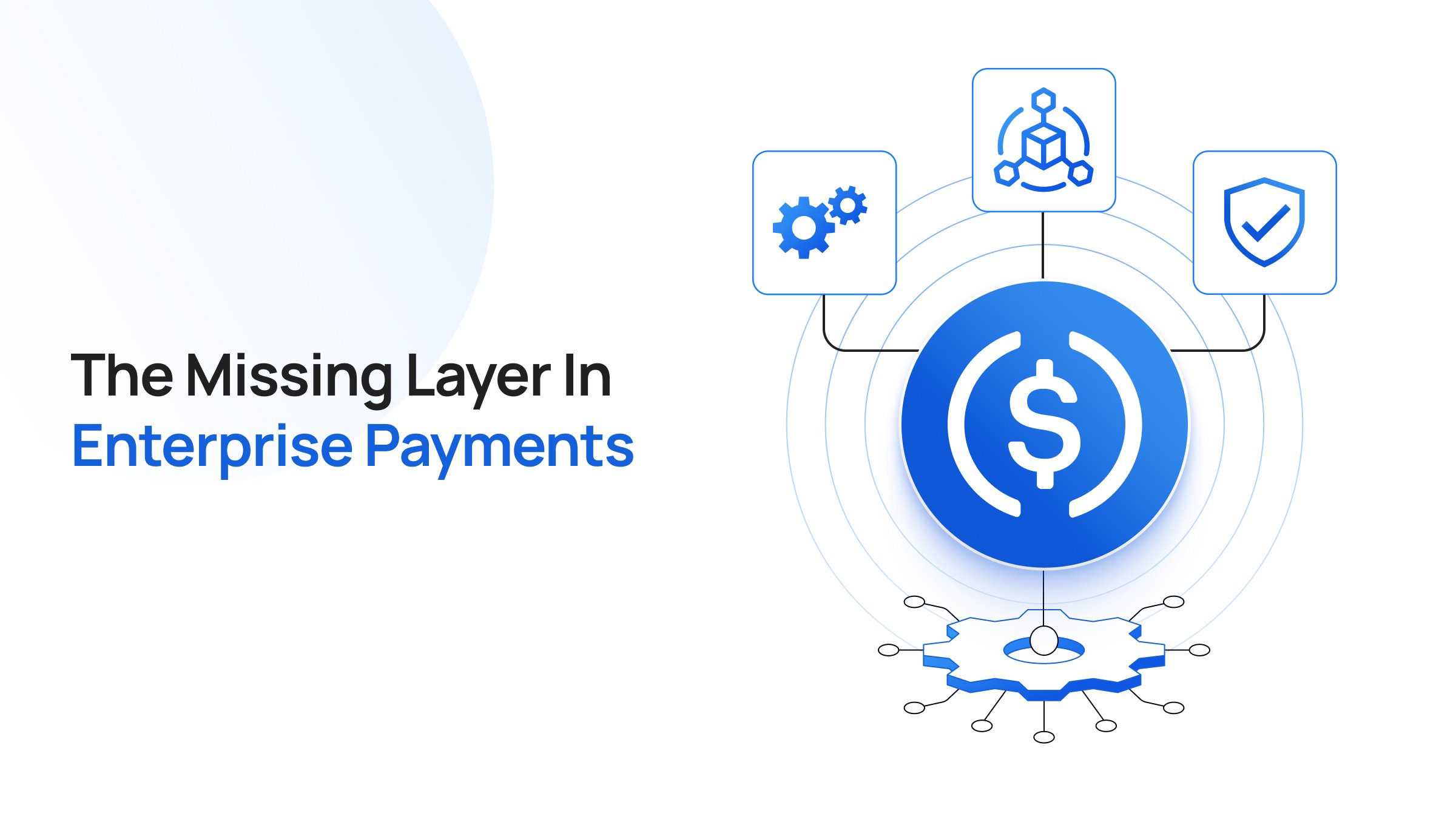Running a global crypto-related business is like playing “floor is lava” — you take one wrong step into the regulatory hot zone, and you’re out.
Nevertheless, some hesitation and the dynamic regulatory landscape is understandable. Web3 companies are at the forefront of innovation, building decentralized applications and services that promise to reshape the internet (and finance). And with great innovation comes great responsibility to stay compliant. A pivotal piece of this regulatory landscape is the US Money Transmitter License, a cornerstone for businesses engaged in the transmission of money.
This article offers a deep dive into MTL, why it's crucial for web3 companies, and why applications should prioritize integrating with licensed providers.
Disclaimer: This article is for informational purposes only and does not constitute legal advice. Companies should consult with qualified legal professionals to understand their specific obligations under US law.
What Is The US Money Transmitter License?
A Money Transmitter License is a legal authorization required for businesses that engage in the transmission of money or monetary value.
In the United States, money transmission is regulated at the state level, meaning companies need to obtain licenses in each state where they operate. The licensing process involves stringent requirements, including background checks, financial audits, and compliance with anti-money laundering (AML) and Know Your Customer (KYC) regulations.
The primary federal regulator overseeing money transmission is the Financial Crimes Enforcement Network (FinCEN), a bureau of the US Department of the Treasury. FinCEN requires money transmitters to register as Money Services Businesses (MSBs) and comply with federal AML laws. However, state regulations often impose additional requirements, making the compliance landscape complex.
Why Web3 Companies Need The US Money Transmitter License
Web3 companies often operate at the intersection of finance and technology, with many platforms facilitating the transfer of digital currencies or enabling transactions involving traditional fiat currencies. As such, they may fall under the purview of money transmission laws.
Activities such as exchanging, transferring, or holding cryptocurrencies on behalf of others may classify a company as a money transmitter under US law.
Regulatory bodies have issued guidance indicating that virtual currencies are subject to money transmission laws. For example:
- FinCEN's guidance on virtual currencies: Clarifies that administrators and exchangers of virtual currencies are money transmitters.
- State-level interpretations: States like New York have specific regulations for virtual currency businesses.
Key Activities That May Trigger Licensing Requirements
- Cryptocurrency exchanges: Platforms allowing users to buy, sell, or trade cryptocurrencies.
- Wallet services: Custodial wallets holding private keys on behalf of users.
- Payment processors: Facilitating payments in cryptocurrencies for goods and services.
- Decentralized finance (DeFi) platforms: Offering DeFi lending, borrowing, or staking services.
Note that this is not an exhaustive list.
Why Applications Should Integrate With Licensed Providers
One of the most critical components of bridging web2 users to web3 are on-/off-ramp services, which allows users to convert fiat currency into cryptocurrencies and vice versa.
Integrating on-off-ramps is a strategic move for decentralized applications and wallet apps. But if the platform is also licensed, then it is also a regulatory checkbox.
Integrating with a licensed on-/off-ramp provider ensures that all transactions comply with local and international regulations. Licensed providers adhere to strict compliance protocols, including Anti-Money Laundering (AML) and Know Your Customer (KYC) procedures. This compliance is crucial for:
- Protecting users: Ensures that users are engaging in legitimate transactions, reducing the risk of fraud.
- Building trust: Users are more likely to trust and engage with applications that partner with reputable, licensed providers.
- Avoiding legal risks: Applications can mitigate legal liabilities associated with facilitating unlicensed financial transactions.
Licensed providers, like Transak, have established infrastructures that offer:
- High security standards: Protection against hacks and unauthorized access.
- Reliable services: Minimization of downtime and transaction failures.
- Excellent support: Professional assistance to handle user queries and issues.
Transak operates under strict regulatory frameworks to ensure compliance with financial laws. The company is registered as a Money Services Business (MSB) and recently launched its services in Hawaii.
Very recently, Transak also acquired its first Money Transmitter License (MTL) from the State of Alabama and is expecting to acquire more MTLs from other states in the near future.
By integrating with a licensed provider like Transak, applications reduce their exposure to regulatory penalties associated with unlicensed money transmission. This protection is vital to ensure compliance with financial regulations maintain records necessary for regulatory reporting and audits.
What It Takes To Obtain A Money Transmitter License (MTL)
Acquiring a Money Transmitter License (MTL) in the United States is a complex and resource-intensive process. It is a rigorous evaluation designed to ensure that only capable and trustworthy entities enter the money transmission space.
The U.S. does not have a unified federal licensing system for money transmission. Instead, 49 states and the District of Columbia have their own licensing requirements. Navigating this patchwork of regulations demands extensive research and understanding of each state's laws, which often differ in definitions, exemptions, and compliance obligations. Each state's application process can be time-consuming, often taking several months to over a year. This includes preparing detailed documentation, undergoing background checks, and responding to regulators' inquiries.
States charge non-refundable fees for application submission and license issuance, which can collectively amount to tens of thousands of dollars when applying in multiple states. Applicants are required to secure surety bonds as a form of financial guarantee for consumer protection. The bond amounts vary by state but can be substantial, sometimes reaching up to $500,000 per state.
Regulators conduct thorough assessments to evaluate the risk an applicant might pose to consumers and the financial system. They scrutinize business models, financial health, and operational plans. Extensive background investigations are performed on key personnel, including criminal history, financial integrity, and professional qualifications. Any red flags can lead to application denial.
A comprehensive Anti-Money Laundering and Know Your Customer program is non-negotiable. Companies must illustrate how they will prevent illicit activities, including detailed procedures for customer verification, transaction monitoring, and reporting suspicious activities.
Conclusion
If you are a web3 company and are involved in transmitting money or assets of monetary value in the US, acquiring this license is essential for legal compliance, market access, and building trust.
DApp should prioritize integrating with licensed providers to ensure security, minimize risks, and create a seamless user experience. By partnering with Transak, applications can focus on innovation and growth while mitigating the risks associated with financial transactions in the crypto space.






